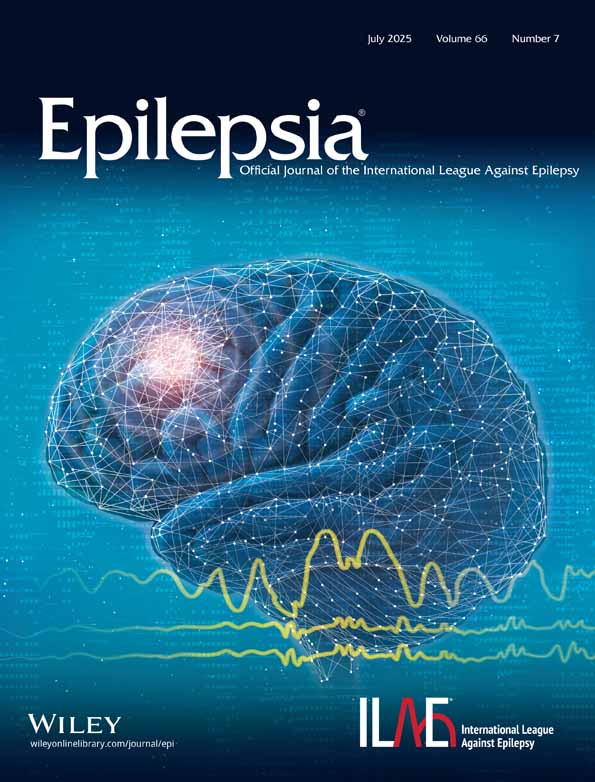Visual Confrontation Naming Outcome After Standard Left Anterior Temporal Lobectomy with Sparing Versus Resection of the Superior Temporal Gyrus: A Randomized Prospective Clinical Trial
Abstract
Summary: Purpose: Intraoperative mapping of eloquent cortex during left (speech dominant) anterior temporal lobectomy has shown a significant proportion of patients to have sites on the anterior superior temporal gyrus at which visual confrontation naming can be disrupted by electrical stimulation. The purpose of this investigation was to conduct a randomized clinical trial to determine whether sparing versus resection of the superior temporal gyrus affected visual confrontation naming outcome after standard left anterior temporal lobectomy. Also examined was the degree to which inherent patient characteristics were associated with language outcome regardless of surgical technique.
Methods: Thirty patients with intractable left temporal lobe epilepsy undergoing standard anterior temporal lobectomy were randomized in regard to whether the superior temporal gyrus was resected or spared. Patients were tested preoperatively and 6–8 months postoperatively by using two conventional tests of visual confrontation naming ability.
Results: No significant differences were found between the groups in either confrontation naming or surgical outcome. Postoperative decline in nominal speech was most closely associated with later age at onset of epilepsy/absence of hippocampal sclerosis.
Conclusions: It appears that specific types of localization-related temporal lobe epilepsy are more closely associated with the risk of adverse language outcome after anterior temporal lobectomy than with the surgical variations investigated in this study.




